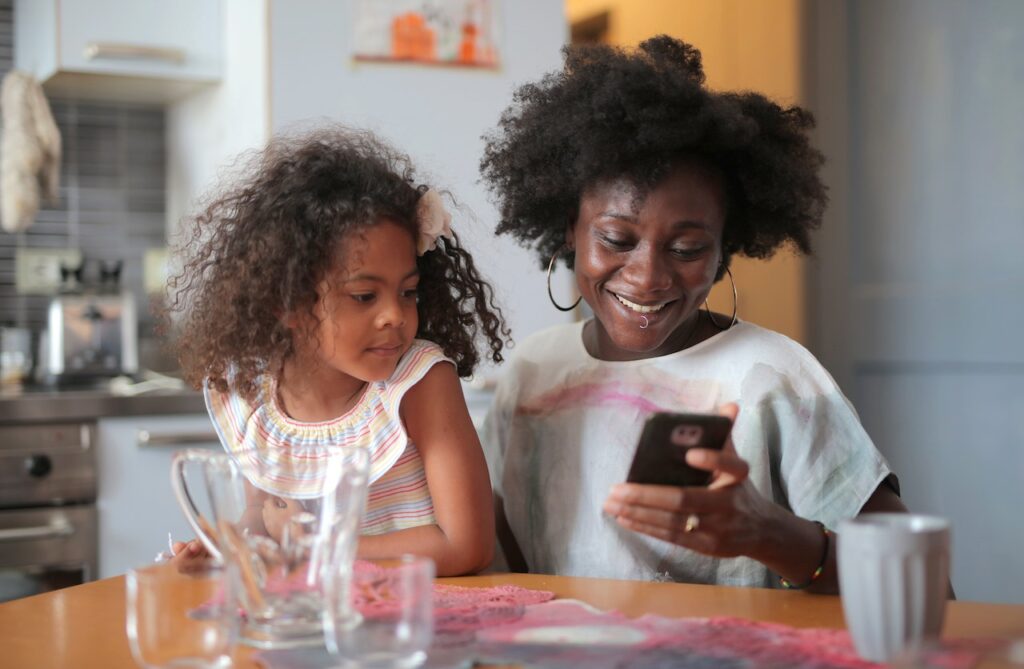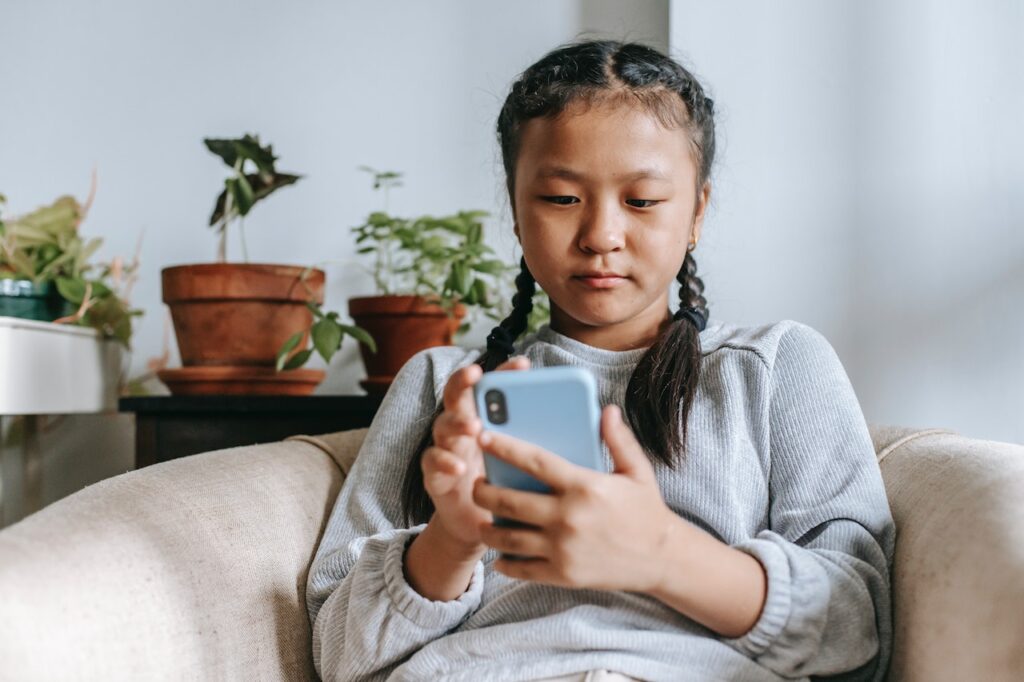As we all know, social media usage among our kids has increased, and it is a very popular way of interaction and communication. They spend hours chatting and sharing pictures, videos, and memes.
Sometimes our kids’ innocence can indeed be used and abused (oh hey, a rhyme!) by inappropriate online users and content.
That is the bottom line for us, parents. We get concerned about our children’s safety and utilize all our resources to control our kids’ social media activities (even if the problem is small). We usually act protective and confused because of one question that always rings in our head: “How much is too much control?”
Acting as detective Poirot around our children can be interesting and often helps control them. But kids often get mad about this, especially when they are older, or when we, parents take it too far. That’s why parents sometimes shouldn’t monitor their children’s social media.
Kids are intelligent and emotional but they can’t understand our parental instinct to protect them by spying on their activities. And it’s funny how they don’t understand the parental instinct but act all protective about their social media privacy.
These are just some reasons why parents shouldn’t monitor their children’s social media. We’ll look at more details in the following paragraphs.
The Negative Effects of Monitoring Kids

Parents need to be aware that monitoring can hurt children’s feelings and trust. All the connections and bonds that we parents have built with our kids can be destroyed in a second, like a house of cards.
Infringing on Privacy
If you constantly monitor your children, they’ll feel like they don’t have privacy (although legally, they don’t). Despite parents’ intention to protect their little ones, being a spy and scrolling through children’s social media ruins the parent-kid relationship, connections, and family values. No child approves of parental interference in privacy (for them it is a crime).
Creating Trust Issues
Obsessive monitoring can lead to distrust and the breaking of family bonds and relationships. Kids are emotionally broken by the constant feeling of being spied on by their parents and feel confused and disappointed with how they are treated.
Encouraging Sneaky Behavior
One thing leads to another and monitored children often develop sneaky tactics to outwit parents. Studies show that about 20% of all children have secret social media accounts, hidden from their parents. When you think about it, this is the same as when we used to sneak out of our house.
Potential for Overreactions
Parental monitoring activities can encourage overreacting, which includes tantrums like:
- Grabbing the phone;
- Screaming and arguing with parents pointing out the right to have privacy;
- Stubborn attitude to show the parents that they are capable of everything;
- Nervous and anxious behavior;
- Humiliation and even depression;
How to Encourage Safe Social Media Use Without Monitoring

As we can see, there are several relevant reasons why parents shouldn’t monitor their children’s social media. But should we rest our case and leave our little ones to face dangers online so they can truly understand our protective intentions, and let our kids learn from their mistakes?
Of course not. We must encourage safe social media use without monitoring. But how can we accomplish this?
Having Open Conversation
Trust and honest interaction between parents and kids are keys to success and strong family bonds. Without pressure and persuasion, pointing out that we consider them (our little ones) equal to us (the parents), we achieve constant friendly communication with our kids.
We should inform them that their online safety is just as important as real-life safety. Open communication can limit the need for parents to monitor children’s social media.
Encouraging Digital Responsibility
Parents need to educate their little ones on their behavior and responsibilities online, such as respecting other users, recognizing dangers, and reporting them. By teaching children how to be digitally responsible, the need for parents to monitor children’s social media will be smaller and smaller.
Teaching Children About Online Safety
Our little cuties need to know the importance of protecting their private, personal information, addresses, phone number, and passwords. Developing online safety habits also lowers the need for parents to monitor children’s social media.
Alternatives to Monitoring

There are many alternatives to manually monitoring children’s social media, which we’ll cover in the next part of this article. You, as a parent, just need to let go of the idea that you must track your child’s every step.
Using Parental Controls
The online market provides us with useful parental control apps, such as mSpy, Panda Dome Family, Google Family Link, etc. By using them we can ensure our kids’ safety on social media.
A major benefit of these apps is that they allow parents to control whatever they want. So, you can filter out any inappropriate content without invading your child’s privacy.
Limiting Screen Time
Limited screen time is a healthy habit, that parents should be an example of. Limiting screen time is physically and mentally beneficial for children and also lowers the need for parents to monitor children’s social media.
Encouraging Offline Activities
Our little ones, no matter if they are school kids or teenagers, need to develop their personalities and friendships. So, we parents must encourage offline activities such as walks, sports, clubs, family time, etc.
Conclusion
Although it is legally OK, parents shouldn’t monitor children’s social media because, of course, you don’t want to work behind your child’s back. Balancing kids’ online safety with trust strengthens family relationships and bonds.
Kids show respect to the people that respect them. So be parents that respect your little ones’ personality, choices, and feelings and have mutual trust.
Be a reasonable parent and don’t ruin your relationship and trust by spying on your kids’ social media activities. Instead, create healthy trust habits in your children from a young age.
FAQ
Should you read your children’s private online messages?
It is rude and offensive to read your kids’ private online messages, so you should avoid it unless you detect inappropriate or rude messages in your child’s inbox.
At what age should children be given privacy?
Well, you should consider giving children privacy when they reach puberty, so when they’re about 13-14 years old.
Is going through your child’s phone an invasion of privacy?
Yes and no. Yes, because we sometimes intentionally interrupt our kids’ private messages out of curiosity. But also no, because sometimes we parents must check our kids’ online activities to protect them.







